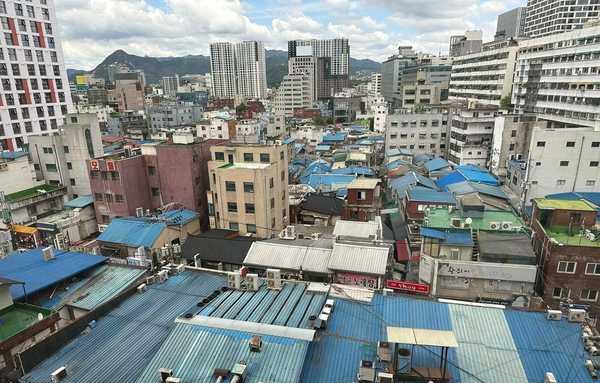Seoul's Weekend Warriors: The Rise of Korean Weekend Tourism to China
Following China’s visa-free policy for South Korean visitors, there’s a surge in weekend trips from Korea to China, particularly among young professionals choosing post-work Friday flights for quick getaways to major Chinese cities.

The recent implementation of China’s visa-free policy for South Korean visitors has sparked a fascinating trend in cross-border tourism, with many young Korean professionals embracing the concept of weekend trips to Chinese cities. The geographical proximity between the two countries makes such brief excursions not just feasible but increasingly appealing.
The phenomenon has particularly taken root in major Chinese destinations like Shanghai, where Korean tourism bookings have seen a remarkable 178% increase. This surge reflects both the practical advantages of China’s new visa policy and the growing attractiveness of Chinese cities to Korean visitors.
The logistics of these weekend excursions are surprisingly straightforward. A flight from Seoul to Shanghai takes just over two hours, making it possible for Korean professionals to depart after work on Friday and return for Monday morning meetings. This accessibility has transformed Chinese cities into viable weekend destinations for Korean travelers.
Several factors contribute to the popularity of these trips. Chinese cities offer Korean visitors a compelling mix of modern amenities, cultural experiences, and notably favorable exchange rates. The shopping districts, diverse culinary scenes, and vibrant nightlife of cities like Shanghai provide stark contrasts to Seoul’s familiar landscape.
The culinary aspect plays a significant role in attracting Korean tourists. Many visitors are particularly drawn to Chinese regional cuisines, with some developing strong preferences for specific dishes and restaurants. The affordability of high-quality dining experiences in China compared to Korea adds to the appeal.
Another interesting dimension is the cultural exchange occurring through these visits. Despite historical complexities between the two nations, many Korean visitors report positive experiences in Chinese cities. Some even express surprise at the level of development and lifestyle quality they encounter, challenging preconceived notions about China.
The economic impact of this trend extends beyond tourism revenue. Korean visitors often engage in significant retail spending during their weekend stays, particularly in fashion and luxury goods sectors. This has led to some Chinese businesses adapting their services to cater specifically to Korean weekend tourists.
This emerging pattern of weekend tourism represents more than just a travel trend. It reflects the evolving relationship between China and South Korea, demonstrating how geographical proximity and economic interests can foster cultural exchange and mutual understanding, even against a backdrop of historical complexity.
The accessibility of Chinese cities from Korea also highlights the unique position of East Asian urban centers in facilitating quick international travel. What might be considered a significant journey in other parts of the world has become a casual weekend trip in this region, fundamentally changing how people perceive international travel.
As this trend continues to grow, it may well reshape tourism patterns in East Asia, potentially leading to similar developments in other nearby countries and creating new opportunities for cultural and economic exchange in the region.